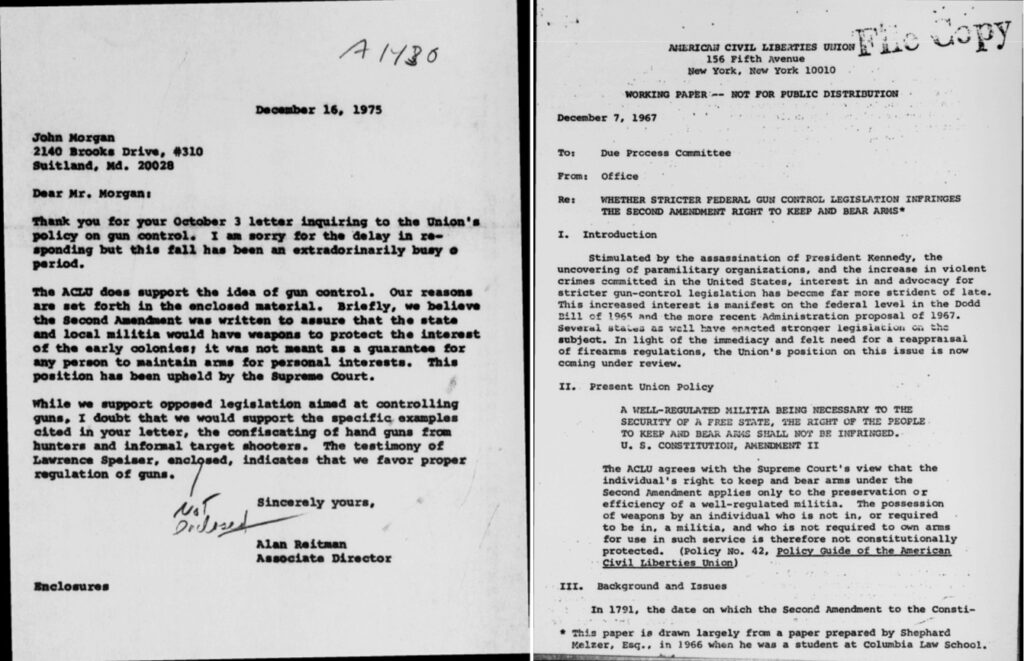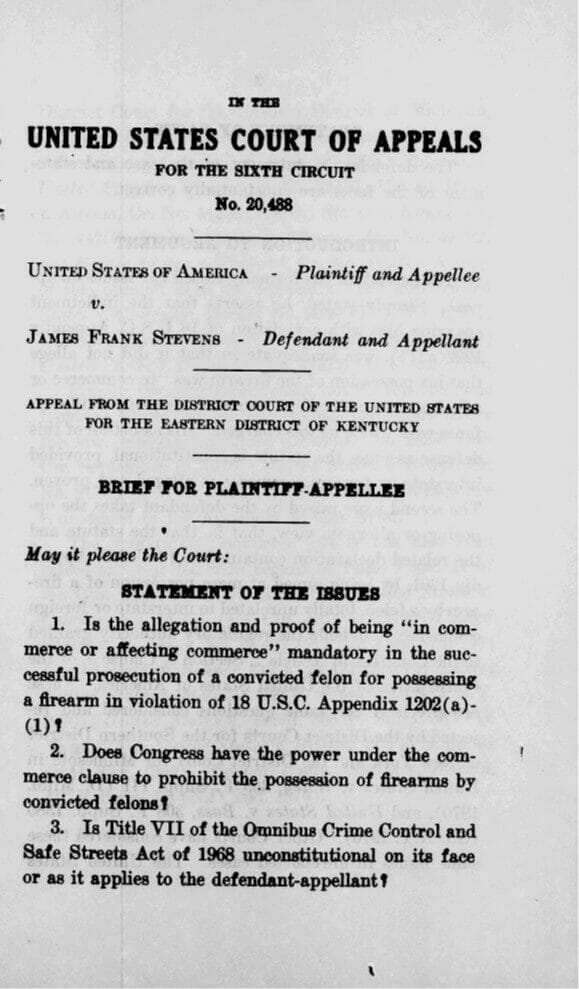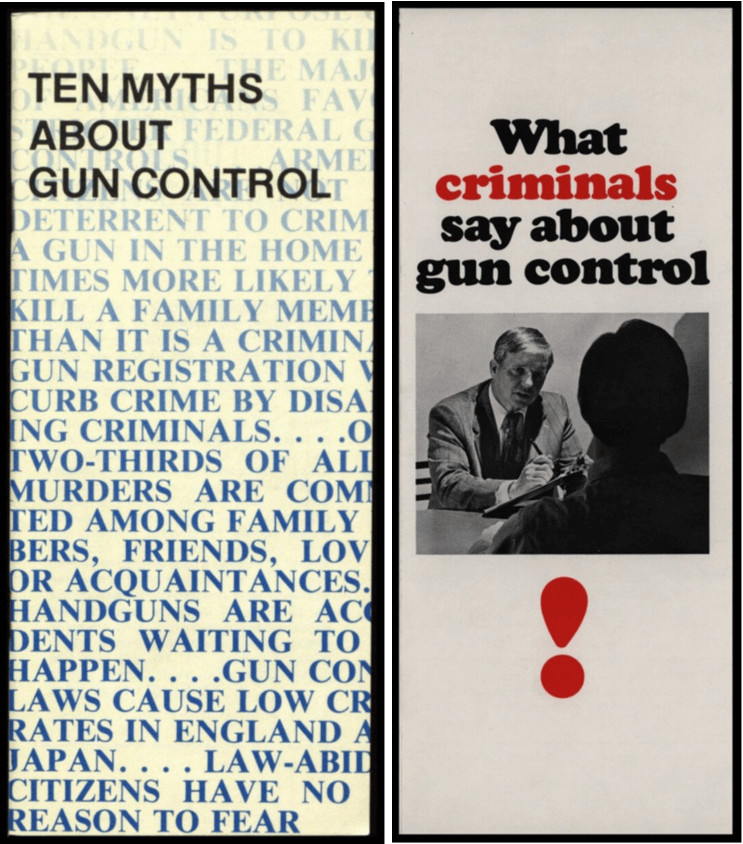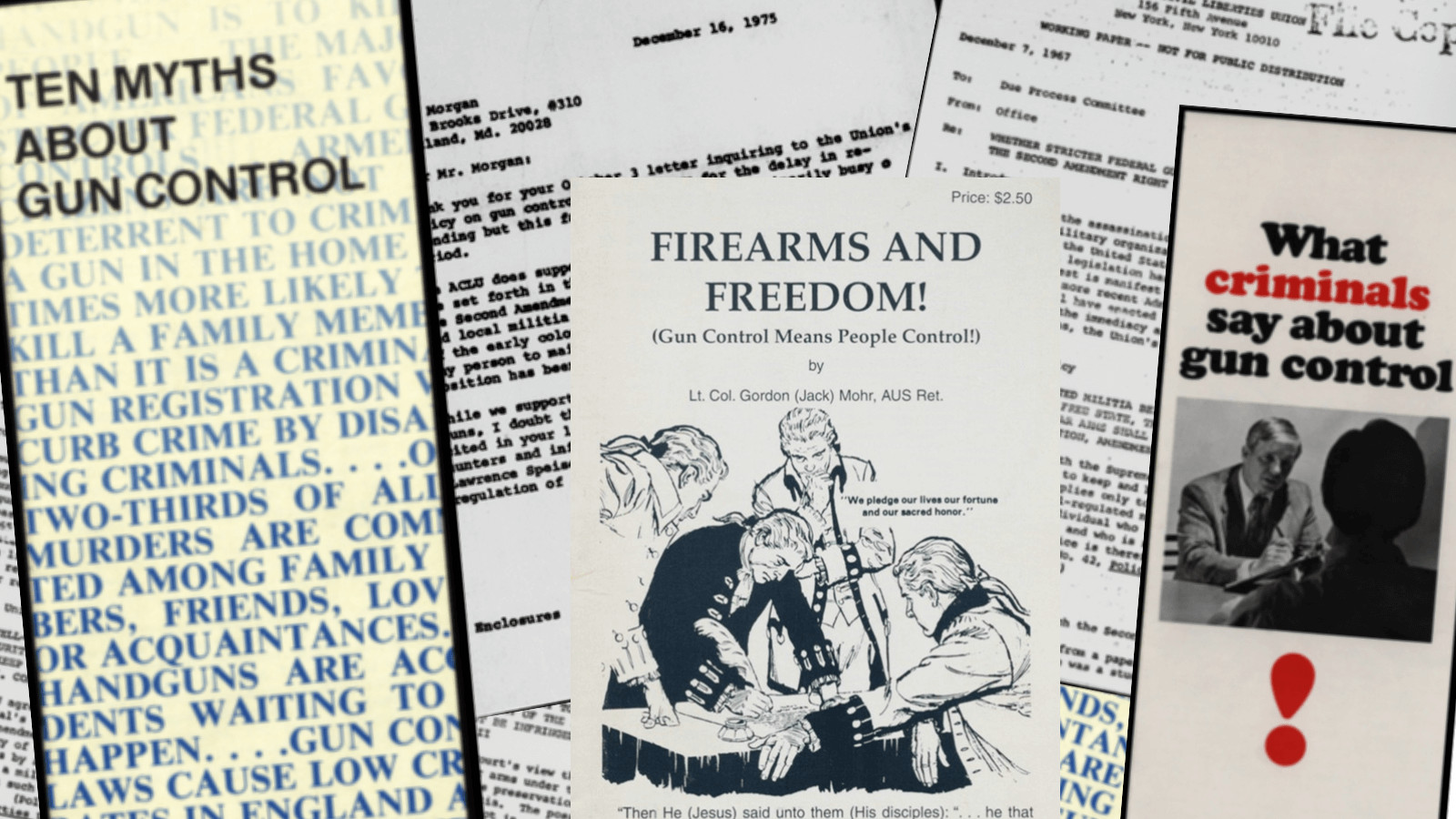|By Rachel Holt, Gale Primary Sources Acquisitions Editor|
This week (July 2022), US President Joe Biden was heckled by the father of a mass shooting victim during a White House event celebrating the passage of a federal gun safety law. This comes in the wake of the mass shooting that killed nineteen children and two teachers at an elementary school in Uvalde, Texas, on May 24, 2022. But how did we get here?
As of July, there have already been more than 300 mass shootings in the United States, according to the Gun Violence Archive. Mass shootings have been on the rise for many years. In 2021, almost 700 such incidents occurred, a jump from 611 in 2020 and 417 in 2019. Biden is by no means the first President to face the issue of gun violence and school shootings – former President Barack Obama called the 2012 Sandy Hook Elementary School shooting the “saddest and angriest” moment from his presidency. It is Biden however, who is currently coming under scrutiny for not doing enough to tackle this problem, with major broadcasting network NBC, saying that “Matthew McConaughey’s gun speech did what Biden’s didn’t” when the actor pleaded for lawmakers to reform gun laws after the Uvalde school shooting hit his hometown.
Primary sources shed light on the pressing issues of today
Often, we think of primary sources as a way of understanding the past, but this blog post hopes to investigate how they can be used to explore pressing social issues of today such as gun control. Indeed, scholars and students wishing to conduct research on various aspects of the national debate will find that primary sources are vital for understanding recent firearms issues; information on past and present legislation; and the history of advocacy groups.
A simple search in Gale Primary Sources for “gun control laws/legislation/measures/advocates” will return a wealth of fascinating and varying materials on the topic, but I would encourage the user to pay particular attention to three archives specifically: Making of Modern Law: American Civil Liberties Union Papers; Making of Modern Law: Landmark Records and Briefs of the U.S. Courts of Appeals; and the Political Extremism and Radicalism series.
Making of Modern Law: American Civil Liberties Union Papers
The American Civil Liberties Union is a non-profit organisation founded in 1920 “to defend and preserve the individual rights and liberties guaranteed to every person in this country by the Constitution and laws of the United States”. Gale’s American Civil Liberties Union Papers archive focuses on civil rights and social issues relating to the U.S. Supreme Court – topics intensely relevant to today’s curriculum and debates at both national and local levels.
Gun politics is highly fraught area of American politics with those opposing new regulations or supporting loosening restrictions related to civilian gun ownership often quoting their right to keep and bear arms as laid out in the Second Amendment to the United States Constitution. Files in American Civil Liberties Union Papers shed light on the debate on whether gun ownership is a right and if stricter federal gun control legislation infringes the Second Amendment right. The files also shed light on how events of the time, such as the assassination of President Kennedy, impacted legislation.

Making of Modern Law: Landmark Records and Briefs of the U.S. Courts of Appeals
Meanwhile Making of Modern Law: Landmark Records and Briefs of the U.S. Courts of Appeals provides a closer and more individual view of the impact of gun control. This digital archive focuses on the lower courts, providing a comprehensive review of trial history from all courts of appeals and supplies insight into how firearms regulations impacted individuals. For instance, this Appellee’s brief from 1971 asks the question as to whether Congress has the power to prohibit the possession of firearms by convicted felons, specifically in the case of James Frank Stevens:

Political Extremism and Radicalism
Finally, Gale’s Political Extremism and Radicalism archive provides an opportunity to read and understand the arguments put forward for gun rights. Although this archive, as the name suggests, largely focuses on groups considered to be extreme or radical, there is certainly a sliding scale and many of the voices on the outer edges of conventional politics have a significant impact on mainstream thinking. Grey literature from the National Rifle Association Institute for Legislative Action, Gun-Owners of California and Crusade for Christ all supply a variety of arguments against stricter gun control:

Right: Richardson, H. L., and Gun-Owners of California. What criminals say about gun control. Gun-Owners of California, [198-?]. Political Extremism and Radicalism, https://link.gale.com/apps/doc/QAORXL139834802/GDCS?u=webdemo&sid=bookmark-GDCS&xid=0d0583e2&pg=1
![Mohr, Gordon, and Crusade for Christ. Firearms and freedom!: gun control means people control: by Gordon (Jack) Mohr. Crusade for Christ, [1998?]. Political Extremism and Radicalism](https://review.gale.com/wp-content/uploads/2022/07/PJGNUK079997131.jpg)
Primary sources can help us understand the past, present – and even future
It goes without saying that the study of primary sources is vital when understanding modern debates and current issues. Hopefully this blog post will be a starting point, encouraging you to use primary sources to better understand the national debate concerning gun control; how it has unravelled in the past, events that have impacted the conversation and maybe even provide some insight into what will happen in the future.
If you enjoyed exploring primary sources related to current debates, you might like:
- Free Speech in a “Post-Truth” Era – The Value of Digital Archives
- Power, Protest & Presidential Profanity: The ‘Race’ for Civil Rights
- Exploring news coverage and media discussion of sexual violence
- From Yellow Journalism to Internet Echo Chambers – Exploring the History of “Fake News”
- The Importance of Archives – Preserving the Past and Contextualising the Present


